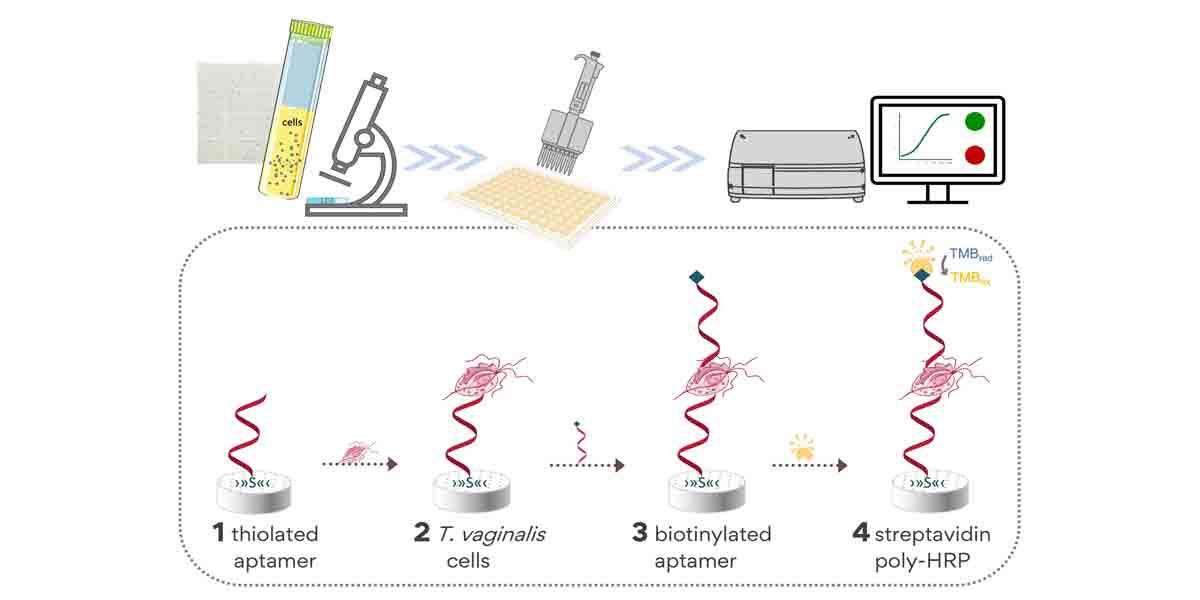
One Filipino develops chronic kidney disease (CKD) every 40 minutes, and one Filipino CKD patient progresses to dialysis every hour.1 Impaired kidney function remains one of the highest causes of death and disability in the Philippines according to recent data and CKD has been identified as a leading cause of premature death among Filipinos.2
To address this serious health concern, the Department of Interior and Local Government (DILG), together with Diabetes Philippines and AstraZeneca Philippines, recently signed a Memorandum of Understanding with 12 provincial governments to implement the ACT NOW (Addressing Complications Today through Network of Warriors) for CKD Program. The program aims to help fight cardio-renal complications of diabetes and hypertension, create further awareness on CKD through risk factor identification, and early screening.
Following its successful collaborations with the local governments of Baguio, Pasig, Mandaluyong, San Juan, San Fernando (La Union), and the Province of Pampanga, the network of warriors is now set to expand the ACT NOW for CKD Program to the provinces of Quirino, Aurora, Cavite, Quezon, Sorsogon, Samar, Capiz, Iloilo, Cebu, Zamboanga del Norte, Agusan del Sur, and Sarangani where over 1M Filipinos will access free Urine Albumin Creatinine Ratio Test as part of chronic kidney disease screening and prevention.
With recent developments, ACT NOW will now be present in 18 cities and provinces across the country, with 11 sites in Luzon, four sites in Visayas, and three sites in Mindanao.
“Diabetes Philippines advocates the implementation of the ACT NOW Program through our network of warriors who are at the forefront in delivering healthcare for better prevention and patient management. The expansion of our collaboration with DILG and AstraZeneca will allow us to reach and screen more high-risk individuals in more sites nationwide to prevent cardio-renal complications of diabetes and hypertension,” said Dr. Francis Pasaporte, immediate past president of Diabetes Philippines.
Lotis Ramin, AstraZeneca Philippines country president, said, “AstraZeneca is highly committed to forge impactful partnerships to address the needs of patients across the full continuum of chronic kidney disease care. We are one with the DILG, the LGUs, and the entire kidney community – patients, HCPs, policymakers, industry leaders and more – in transforming CKD care for Filipinos.”
Under the said MOU, the said provinces will open more sites to give Filipinos access to free risk assessment, micral test (an immunospecific dipstick for detection of low concentrations of albumin in urine), and uACR (urine albumin-to-creatinine ratio) testing, which detect how much a small protein called albumin is present in the urine, one of the earliest indicators of kidney disease.3
ACT NOW for CKD is a partnership between the Department of Interior and Local Government (DILG), Diabetes Philippines, AstraZeneca Philippines, Philippine Association of Diabetes Educators, Association of Diabetes Nurse Educators of the Philippines, Dialysis PH Support Group, Inc., Kidney Transplant Association of the Philippines, Inc., and Philippine Diabetes Support and Awareness Group Inc.
“We have about 2.3M Filipinos suffering from CKD. One out of eight Filipinos have CKD. If this is not frightening enough I don’t know what can frighten you.A nd it’s all because of sugar. It’s too much consumption, inactivity, lifestyle, genetics. But what is important is awareness and I would like to thank AstraZeneca. The uACR machine that they will donate will be serving 20,000 patients and 12 provinces. This machine in all will be serving close to 1,000,000 patients,’ said DILG Secretary Benjamin Abalos, Jr.
The magnified national and multi-sectoral partnership against CKD will work hand in hand to alleviate disease burden, mortality, and healthcare expenditure in the Philippines through a resilient end-to-end healthcare solution starting with detection, prevention and proper management of chronic kidney disease.
References
- Kidney Health Plus, National Kidney and Transplant Institute: https://nkti.gov.ph/index.php/patients-and-visitors/kidney-health-plus
- Philippines, Health Data: https://www.healthdata.org/philippines
- Kidney Failure Risk Factor: Urine Albumin-Creatinine Ratio (uACR), National Kidney Foundation: https://www.kidney.org/content/kidney-failure-risk-factor-urine-albumin-to-creatinine-ration-uacr





















